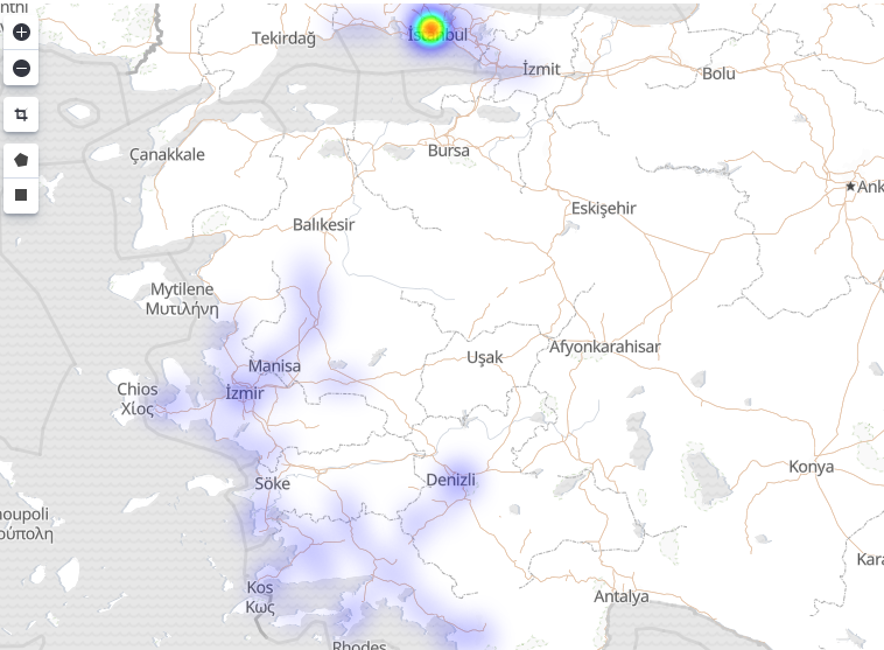Today we talk with Olcay Silahlı.
Olcay is the founder and CEO of Fazla Gıda, a startup that helps retailers prevent food waste. Previously he worked at Deloitte and Unilever.
Sensefinity: Hi! Can you introduce yourself?
Olcay: Sure! My name is Olcay and I am the founder and CEO of Fazla Gıda. We’re based in Istanbul, Turkey. Fazla Gıda helps retailers reduce waste and promotes the circular economy towards a more sustainable world.
Sensefinity: What’s Fazla Gıda mission?
Olcay: Our mission is to reduce food waste, help non-profits and create a circular economy around food waste management. We do it by helping retailers, producers, distributors manage their unsold inventories more efficiently according to the food recovery hierarchy. We are proud to have both an economic and social impact.
Sensefinity: Why your mission matter?
Olcay: The progress of the second half of the XXth century pushed Mankind forward but also left gaps in terms of social inequality and environmental impact. We believe that, through technology, is possible to balance the economics demands with the social ones. We can simultaneously reduce waste, avoid the loss of profits while contributing to the economy and non-profits and even have an impact on health by preventing food to spoil.
Sensefinity: How does Sensefinity’s Internet-of-Cargo fit in that mission?
Olcay: One of our challenges is the transportation of fresh food between retailers stores while ensuring that temperature is always right. A constant, real-time, monitoring is fundamental as we need to be alerted as soon as we detect an anomaly. This allows us to react and fix the problem avoiding food to spoil. Using Sensefinity’s remote temperature sensors we can monitor the temperature in real-time while the fresh products are being transported between stores. We as a wholistic waste preventive solutions provider to our clients, we are happy to delivery Sensefinity solutions to our clients as well.
Sensefinity: How was the monitoring done before?
Olcay: Sometimes there was no monitoring at all! Other times the temperature was checked manually at arrival. But that is not acceptable: we need to monitor the whole journey, all the time. It’s the only way to be 100% sure that quality and safety are not compromised.










